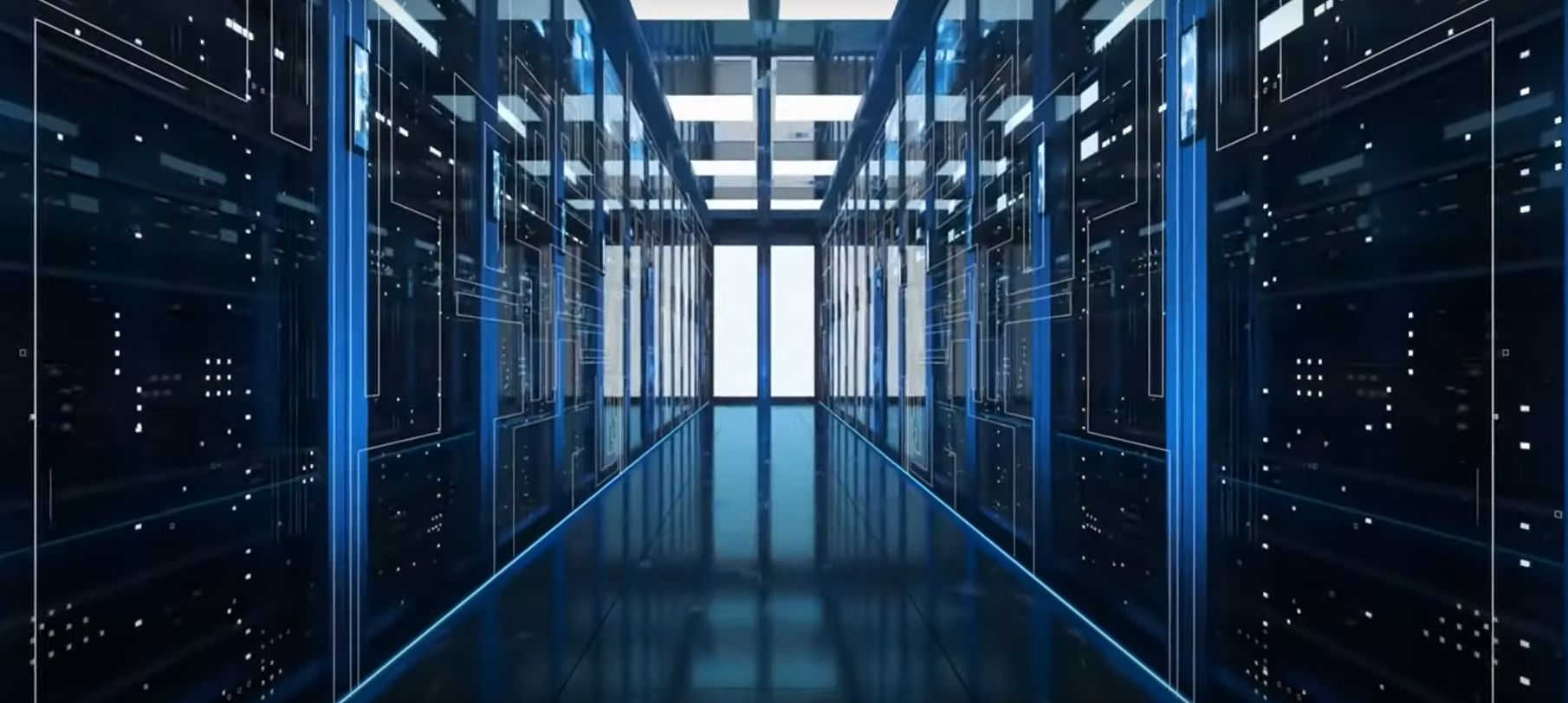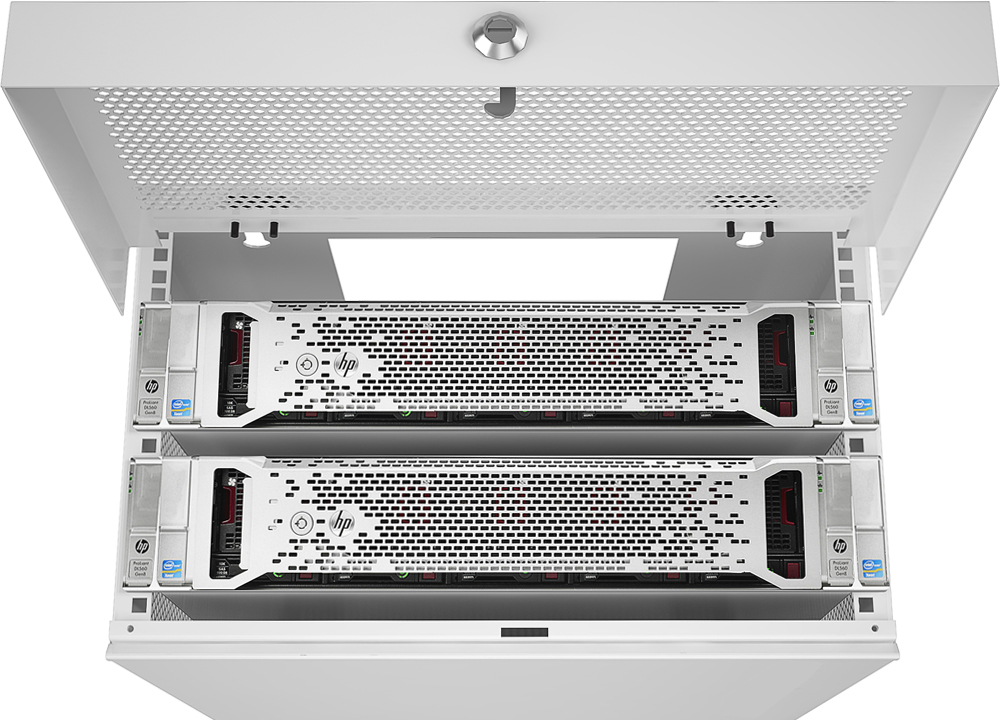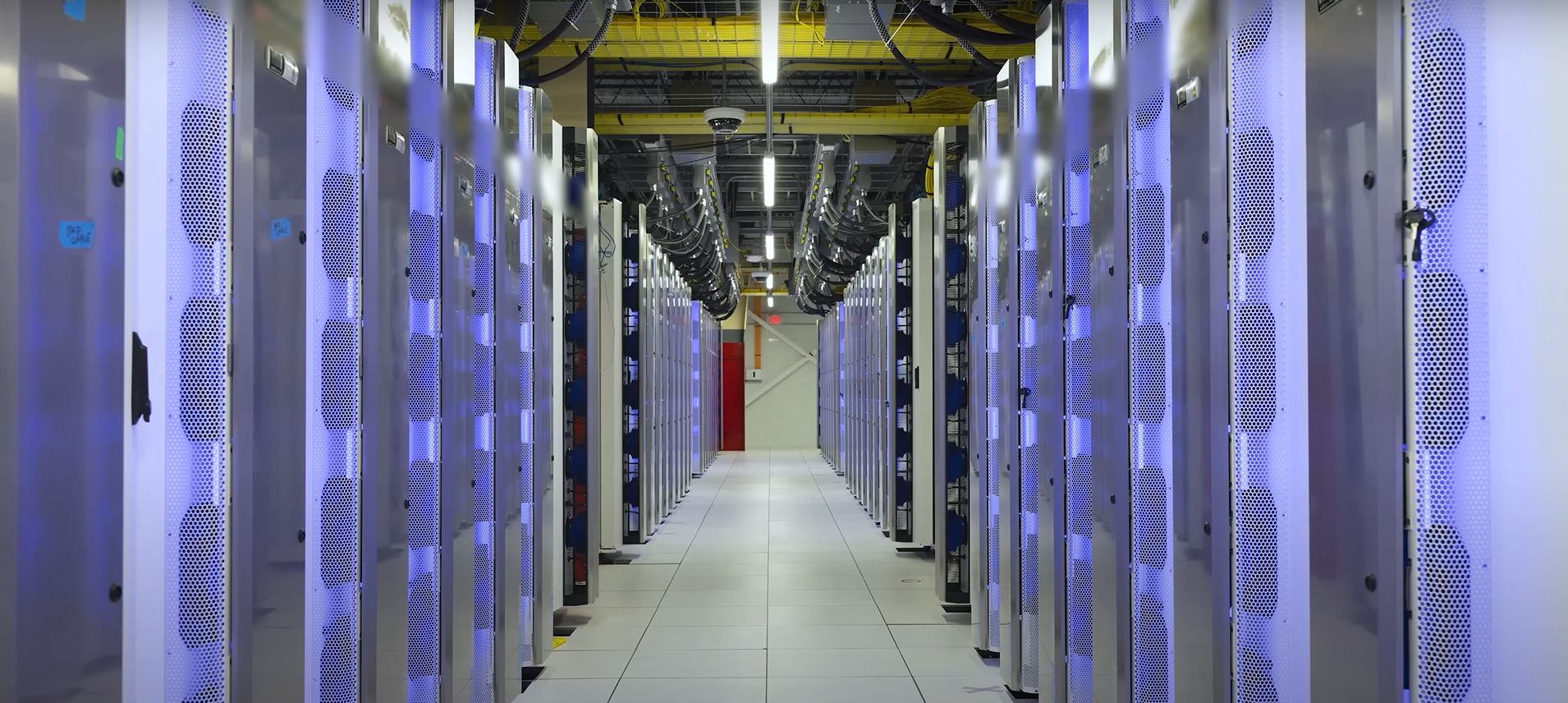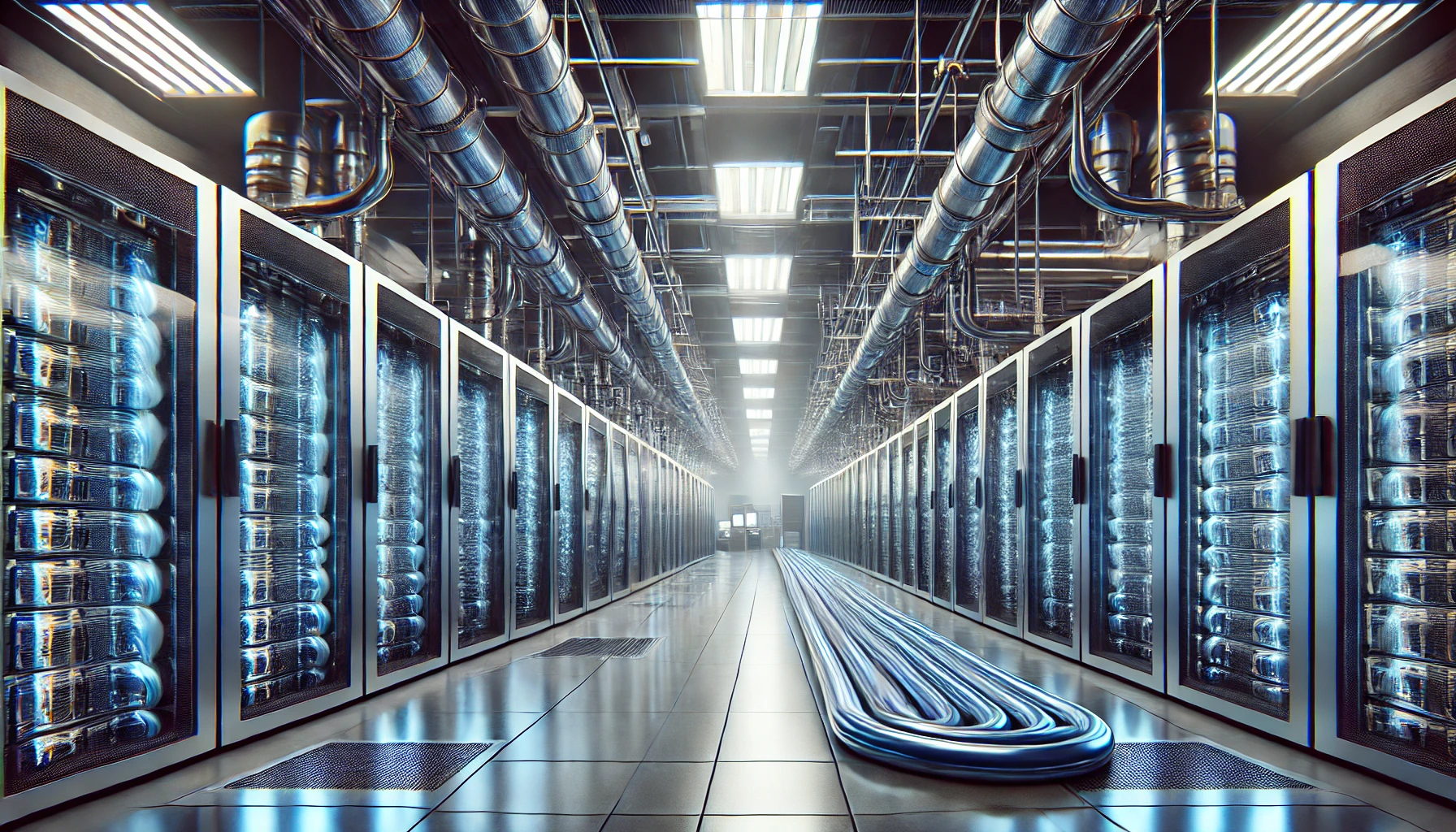
What are Data Center Tier Classifications?
It’s been approximately a quarter of a century since the day when Uptime I...

Modern large enterprises, as a general principle, do not have any problems with the choice of innovative server technology: this procedure is usually performed by specialists from their own IT department. A small business cannot afford the luxury of an IT department, but the second option is to opt for a data processor for their purposes.
By the way, this is not as difficult as many believe, and does not require special knowledge in the field of computer technology. Over the years, the development of the innovative electronic part of the servers has been so intensive that as a well-expected result, a situation has arisen in which even the data processor of the lower segment can fully satisfy the needs of a small enterprise without any upcoming difficulties.
The determination to choose a server should not be taken lightly. Choosing a data processor frequently comes down to specifying the processing power and amount of RAM to run the required number of virtual machines.
The set of needs of a small business that can be addressed by a server is fairly standard. An information processing group should provide storage services for files and backups, meet the needs of office printing, regulate access to network resources based on policies, and provide Internet access control.
Besides, network functions are also assigned to the server: it can act as a network gateway, a web host, and provide remote access for mobile employees. Despite such a variety of tasks, modern multiprocessor systems have a sufficient margin of performance to represent all the listed services.
Firstly, you need to make a list of applications/services that will be launched through the server. Many users conduct some kind of research and actively share their results in finding the right data processor on the Internet, so additional important content can always be found here. Thus, for the choice it is important to decide:
Most small businesses need two important types of modern servers. The very first and most widespread one focuses on energy efficiency. Its main function is to achieve maximum noiselessness. However, all data processors have some drawbacks. The disadvantage of this type is that it has poor performance.
Such processors are not suitable for all purposes. Their main intention is to perform less resource-intensive processes. For such purposes, high performance is not the first place. These tasks include storing information files as well as performing network services.
Another type of server has opposite characteristics. It has high performance data processors and a lot of RAM. It is the most successful solution for operating various databases.
Sometimes companies may require several clients to work simultaneously in this mode. In this case, there is no urgent need for a low noise level, the priority will be the reliability and safety of the system as a whole. Therefore, a business host center should be selected based on the tasks for which it is intended.
Random access memory must meet such all-important requirements as advanced reliability, maximum performance, low quality consumption. In a server system, RAM is responsible for data processing speed. It temporarily stores the output, input, and intermediate information of the manipulating system or programs.
Consequently, choosing storage for the data processor, you should remember that the more inquiries to the computing device, the greater amount of memory is needed to hold on to this information. If on that point are not so many appeals to the server and there is no need for high speeds, then it is not necessary to put a lot of memory, it is possible to increase capacities in the process as the needs of your project will grow.
Experts advise in any case to choose the larger quantity of memory and storage than you determined in the previous calculations. This is useful in case you suddenly need a lot of space. So, you don’t have to clean it up. You can start your journey with 4 or 8 GB of memory and at least 500 GB of disk space.
The work of any organization these days is associated with the processing and use of a large amount of data: internal documentation, contracts. That is why the problem of finding a place to hold on to this information arises more often. For many companies, the best solution is the use of cloud services.
The cloud is a great solution for small businesses. People use it as a high-quality and efficient alternative to local data processors and storage. The content is stored in isolation on a remote server, access to it is provided via the Internet. Most often, the computing machine is managed by third-party providers, however, you can use your hosts and create private cloud services.

It’s been approximately a quarter of a century since the day when Uptime I...

A crucial step in the digital transformation of enterprises is the implementatio...

With the elevated need for the data centers which can process all the informatio...